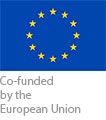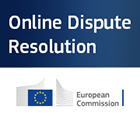Friendship fraud
Catfishing or friendship fraud leaves deep scars. Many victims of this kind of scam are not only left with a financial hangover; there can also be significant emotional damage.
In this type of scam, fraudsters proceed very patiently and intelligently. They first forge a friendship or relationship with their victim and when the victim trusts them, the scammers start to steal their money. At first the sums may be small, but the amounts increase. Sometimes the victim even takes out loans.
Victims are often labelled as naive and gullible. Unfairly so, because the scammer is constantly manipulating them. It can take a long time before people realise they are dealing with a fraudster.
Avoiding friendship fraud
ECC Belgium’s advice can help you avoid falling into a criminal’s trap:
- Beware of friendship requests from unknown, often attractive people.
- Be extra alert if online contacts tell you about their difficult situation and ask you for money.
- Read and watch testimonials on friendship scams, such as the TV show The Tinder Swindler. This will help you better recognise this type of scam.
Beware of whaling
Sometimes scammers steal the identity of a friend or acquaintance — this is called whaling. They create a fake profile under their name or send you texts or WhatsApp messages pretending to be that person. They almost immediately ask you for money because they’re in trouble. Never respond to a request like this without double-checking the story. Call the phone number your friend or acquaintance usually uses to communicate with you.


